Faculty

Fenwick McKelvey, Director, is assistant professor of communication studies at Concordia University. His research examines algorithmic media—the intensification of software within communication infrastructure—with a focus on advanced Internet traffic management software and campaign management software.
He is author of Internet Daemons: Digital Communications Possessed (University of Minnesota Press, 2018) and co-author of The Permanent Campaign: New Media, New Politics (Peter Lang, 2012) with Greg Elmer and Ganaele Langlois. He holds a PhD in the joint program of Communication and Culture between York University and Ryerson University. Read more on his website.

Jonathan Roberge is an Associate Professor at the Institut National de la Recherche Scientifique in Montreal, Canada. He funded the Nenic Lab as part of the Canada Research Chair in Digital Culture he has held since 2012. Among his most recent edited volumes are Algorithmic Cultures (2016) and The Cultural Life of Machine Learning (2020).

Reza Rajabiun (MA, LLM, PhD) is a competition policy and telecom strategy expert, with research interests in the provision of broadband infrastructure, assessment of the quality of broadband networks, and rural connectivity. His work on the design of competition regulation and the evolution of market systems has appeared in various academic journals, including Competition Law and Economics, Law and Development Review, Information Policy, and Telecommunications Policy. He is a member of the advisory team Regional & Rural Broadband at the University of Guelph and the Technical Committee of the Intelligent Communities Forum Canada. Selected works available here.
Post-doctoral researchers

Guillaume Dandurand is a postdoctoral fellow with the ORA-funded Shaping AI and SSHRC-funded Media Governance after AI research projects. Guillaume holds a PhD in social anthropology. His research interests include welfare digitization, techno-politics, material cultures, the discursive construction of artificial intelligence and the various ways it shapes human lives. In 2019, he was awarded the Dissertation Prize by the Faculty of Graduate Studies at York University for his doctoral work. His writing has appeared in Political and Legal Anthropology Review and Engaging Science, Technology, and Society. Guillaume is also a co-editor of Les économies de la promesse (forthcoming 2021, Presses de l’Université de Montréal).
Research associates
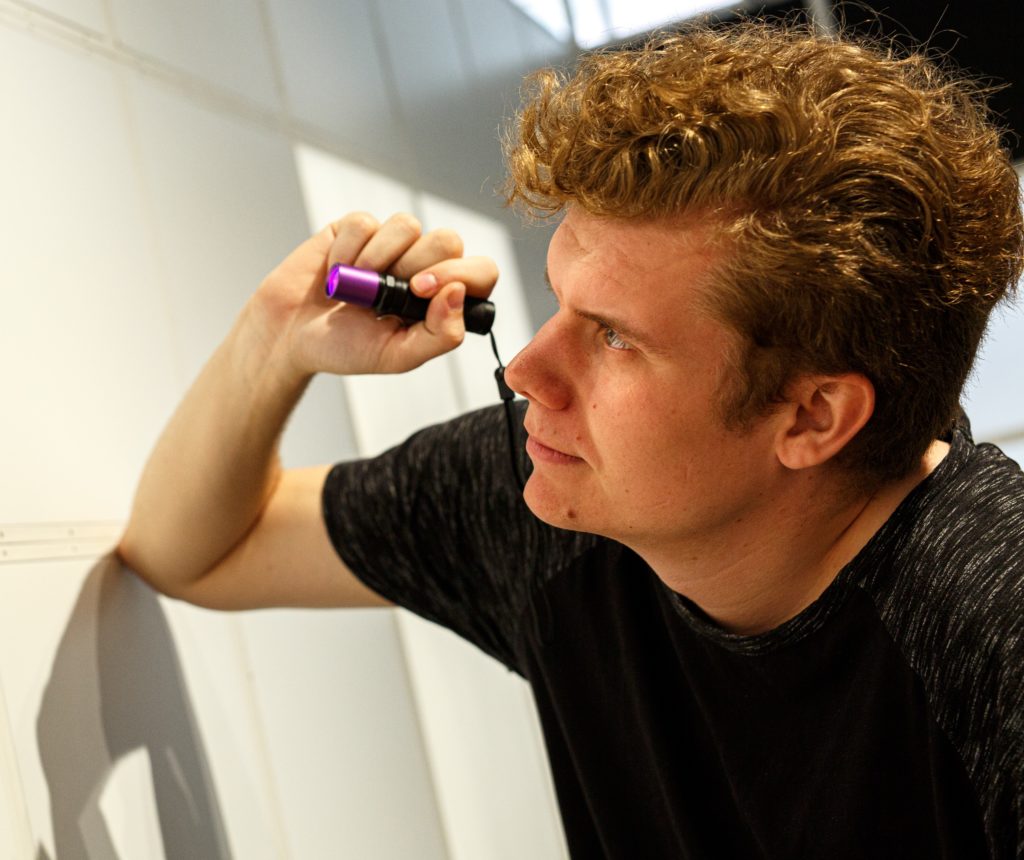
Scott DeJong is a PhD student in Communication studies at Concordia University studying serious play, web literacy, and disinformation. His MA work used game design methods to study and inform about digital personalization, filter bubbles and echo chambers. Currently, Scott is investigating the simulation of politics within games and exploring games as a medium to learn about issues of disinformation and fake news. In addition to the Algorithmic Media Observatory Scott is also an active participant of the Ageing + Communication + Technologies (ACT) project, the Technoculture Arts and Games (TAG) Lab, and the mLab. You can follow him on Twitter @SWBdejong
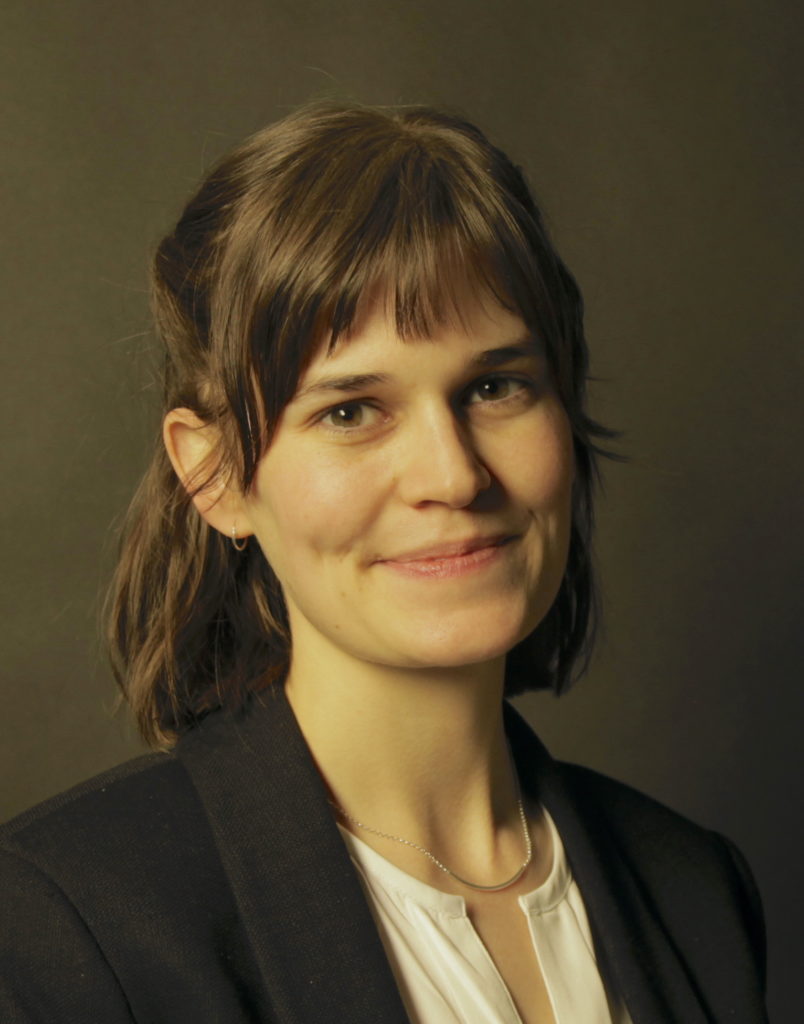
Elsa Donovan is a multimedia designer and creative technologist completing an undergraduate degree in Computer Science and Computation Arts. She holds a previous BA in Communication Studies at Concordia University. Her research revolves around disinformation theory and the ways in which internet memes are used as tools in online political communication.
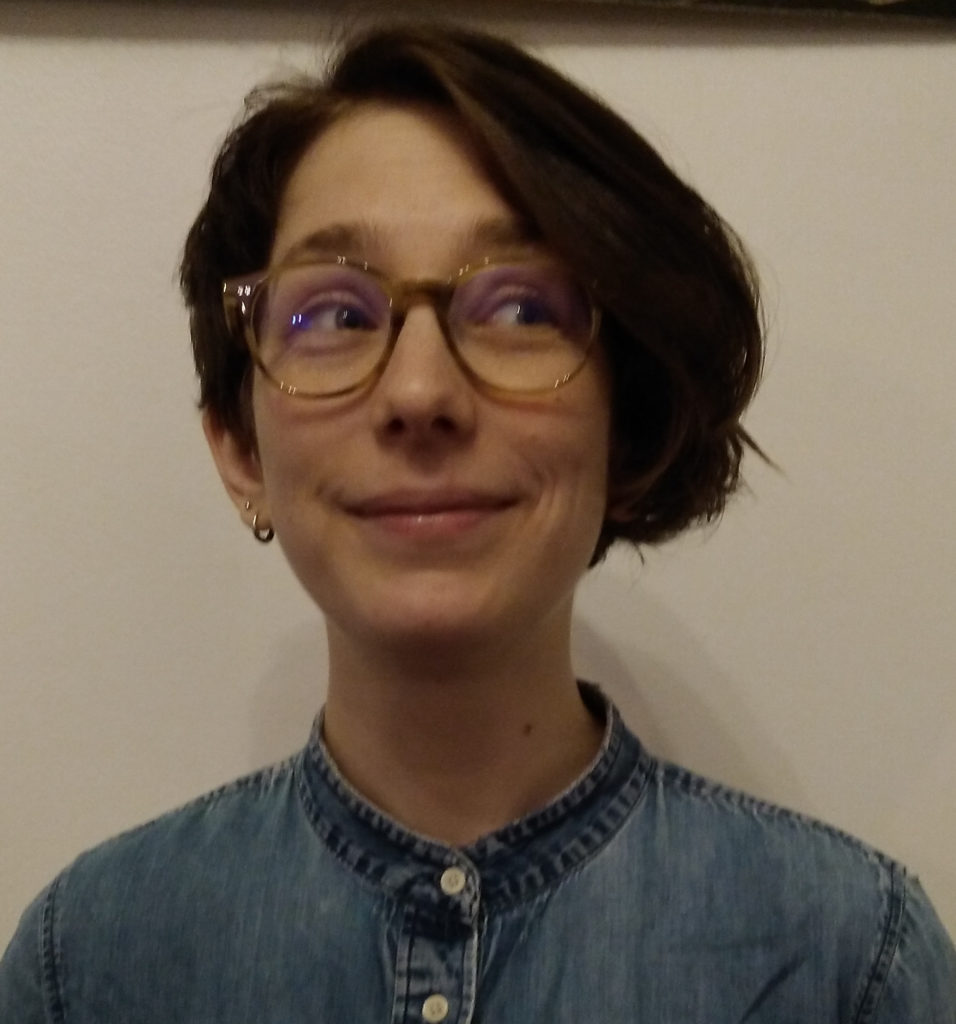
Janna Frenzel is a PhD student in Communication Studies at Concordia University. Her research interests revolve around energy, data infrastructure development, and technological “fixes” that are put forward as solutions for climate change impacts. At the Algorithmic Media Observatory, Janna works as a research assistant in the Shaping AI and Media governance after AI projects that investigate public controversies around artificial intelligence and AI’s role as an instrument of media policy. She is also involved in a project on digital divides that looks at the role of tech companies in urban gentrification processes.
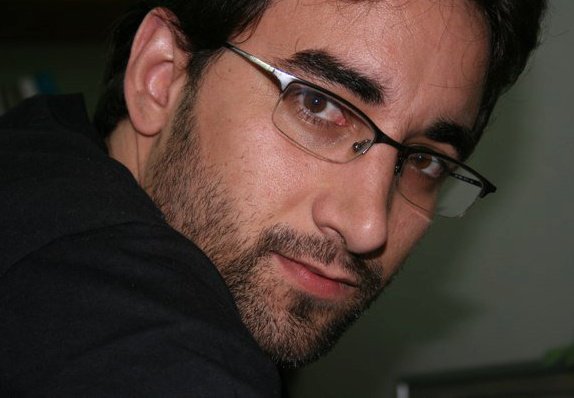
Luciano Frizzera is a PhD candidate in Communication Studies at Concordia University. His academic background is in Media Studies and Digital Humanities, and his research explores the political and social implications of digital sensors, datafication, and hyper-nudges to understand how algorithmic mediation is mobilized to produce subjects and reorganize life. Luciano is an experienced graphic designer and web developer who has produced a number of interactive interfaces and digital platforms for data collection and visualization, semantic text editors, games, and websites.
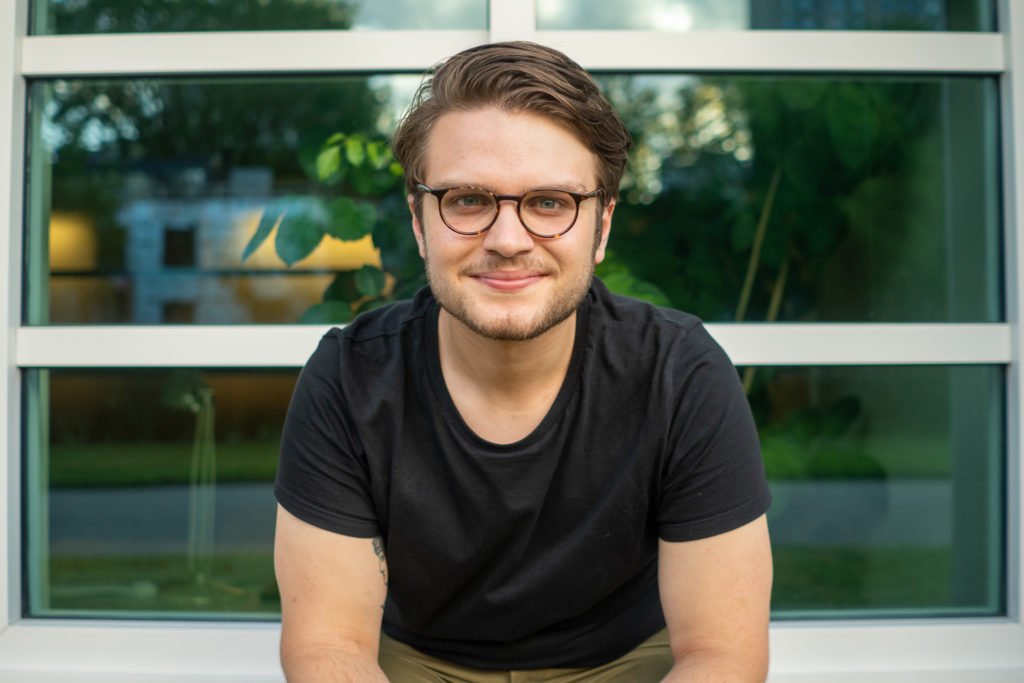
Nick Gertler is a master’s student in Media Studies at Concordia University. His research focuses on the policy and governance of artificial intelligence, algorithmic assessments, and the ways in which artificial intelligence is linked to technological nationalism in Canada.

Robert Hunt is a PhD student in Communication Studies at Concordia University. His research investigates the evolving relationship between artificial intelligence technology and labour management, examining how AI and related technologies are used to detect, quantify, represent, analyze, and control workers’ communications, behaviours, and physiological and psychological states. Analyzing the political economy of the management software industry as well as the culture of data-driven management and the scientific discourses that support it, Rob explores how the contemporary workplace functions as a laboratory for continuous and ubiquitous experimentation on workers.
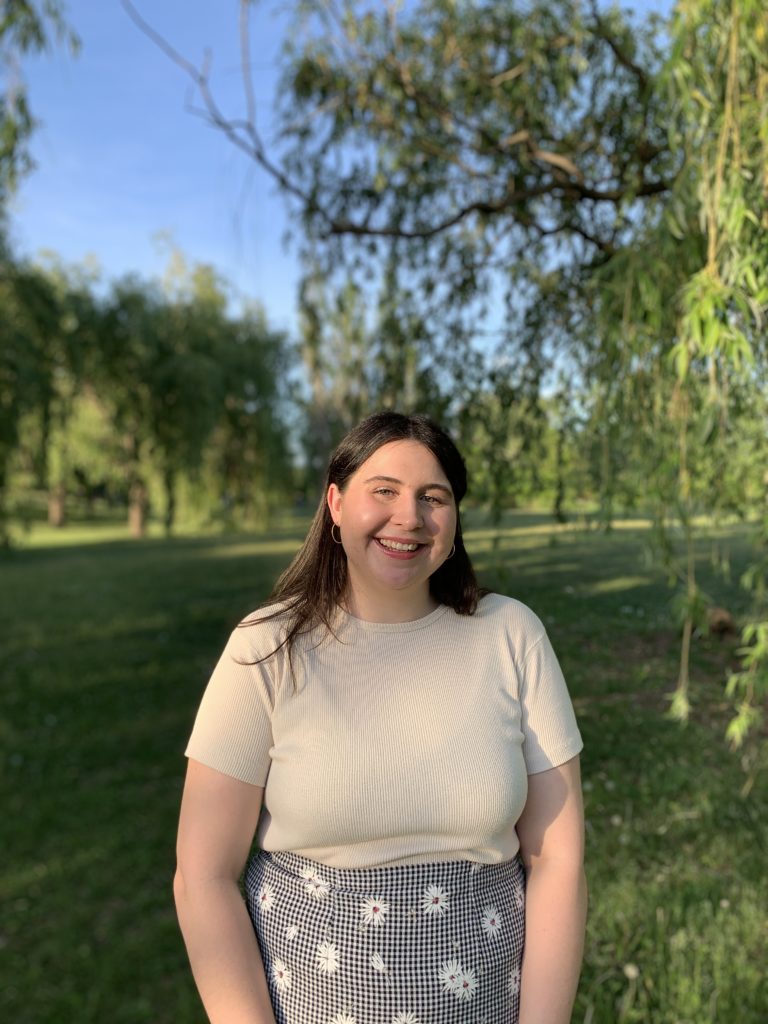
Saskia Kowalchuk is a Media Studies MA student whose research focuses on memes in all their forms. Particularly interested in the relationship between platforms and formal memetic qualities, her work investigates the technological affordances, communities, and rhetorical exigencies which produce specific meme styles.
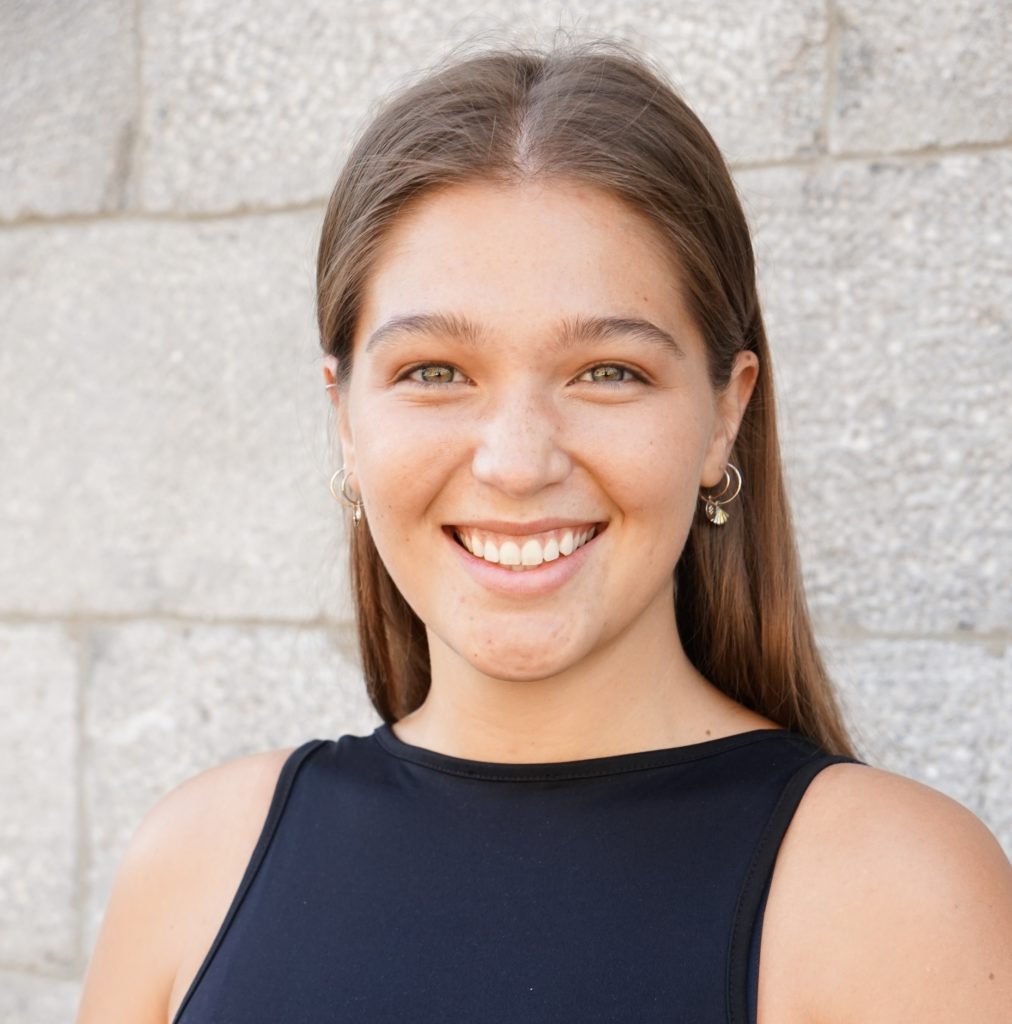
Meaghan Wester is a Media Studies MA student at Concordia University. Her research interests lie at the intersection of social and political theory, and data justice.
Past research associates
Evan Light is assistant professor of communication and organizations at the School of Translation, Glendon College, York University in Toronto. A long-time community media and policy advocate, he has been involved in communication policy work for more than twenty years. His current research focuses on contemporary issues of privacy and surveillance. He is creator of the Snowden Archive-in-a-Box and a collaborator with the Snowden Digital Surveillance Archive.
Tom Hackbarth is a master’s student in media studies at Concordia University. His research interests focus on the accessibility of media production and the function of community media organizations. Prior to his graduate studies he taught media production at SPNN, a community media nonprofit in Saint Paul, Minnesota.
Maggie MacDonald is a master’s student in media studies at Concordia University. She researches platforms of distribution for pornography, exploring how changes in these delivery conventions transform content, impact pleasure experiences, serve as a tool for understanding our own sexualities, and are claimed as sites of expression and resistance.
Marianne Côté recently completed her master’s degree in media studies at Concordia University. Her thesis analyzed smart cities, focusing on Montreal and its smart snow-removal system. Her research investigated what might be “new” about the smart city concept as well as what can be considered a continuation of previous instances of human-technology interaction in municipal governance. Additionally, she examined the discursive strategies used by the city of Montreal to justify its initiatives.
Helena Krobath is a master’s student in media studies at Concordia University. She researches ways that occupations of space and sensory experience in rural public spaces relate to place-based knowledge, settler identities, and political economies of space. Her other research interests include creative methodologies, local media and information structures, and Canadian mass-media policies. She practices field recording and electro-acoustic composition among other visual media and writing.
Trevor James Smith is an independent spatial analyst/researcher who holds a master’s degree in geography, urban, and environmental studies from Concordia University. His thesis focused on using open-source software and data, climate models, and geographic information systems (GIS) to examine the potential bioclimatic impacts of climate change on Quebec vineyards. His more recent projects have examined disaster risk management in small island developing states, indigenous socioeconomic data reclamation, and the ways in which GIS can be applied to identifying, analyzing, and communicating the conditions of unserved and underserved regions of the Canadian digital landscape.


